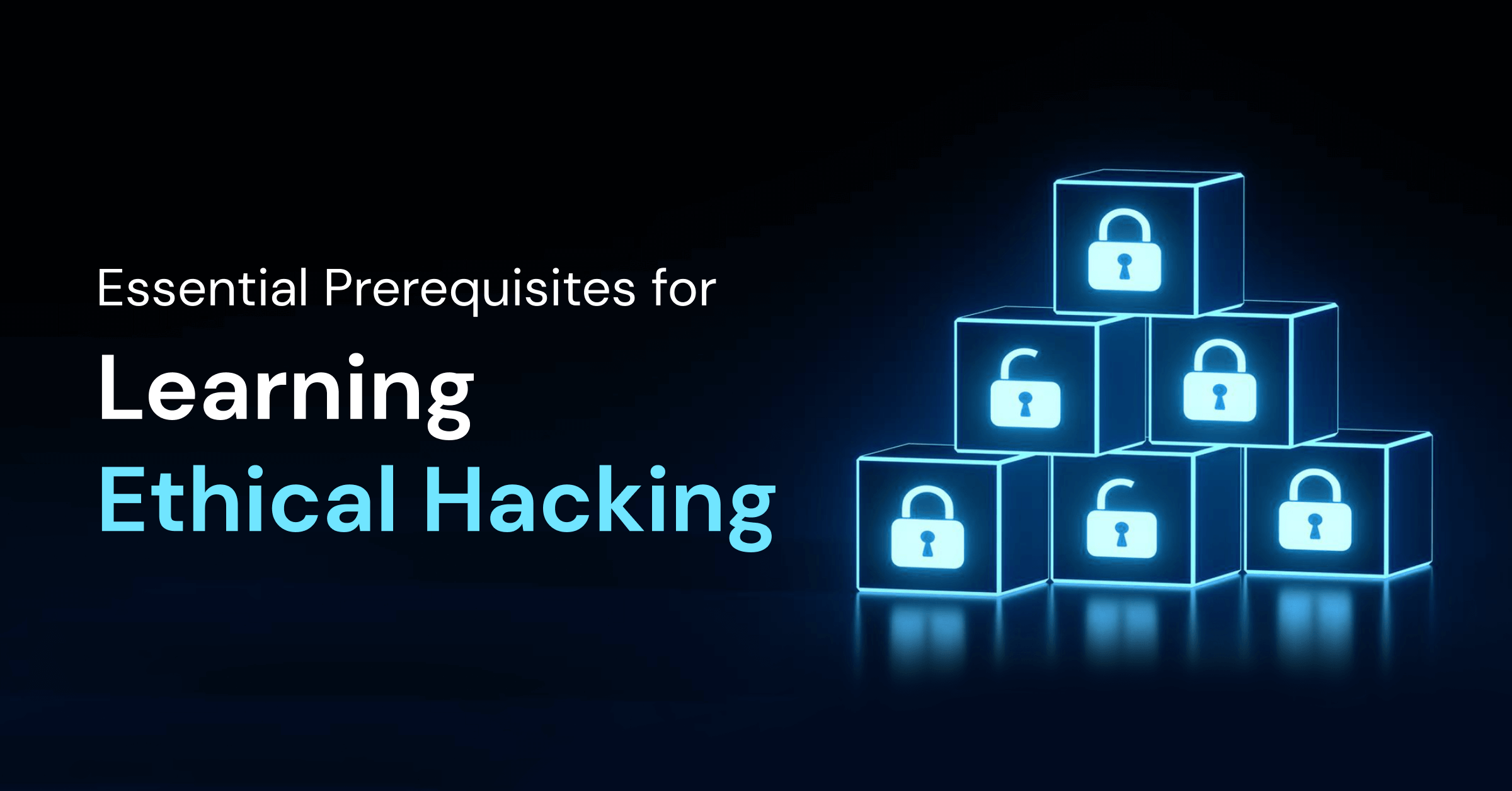
12 Essential Prerequisites for Learning Ethical Hacking
Apr 11, 2025 4 Min Read 24769 Views
(Last Updated)
When you think of hacking, you probably picture a man working with codes on large equipment in a dark room surrounded by massive racks with blinking lights, don’t you?
Hackers have a tainted reputation because of movies and TV shows, but let me assure you there are some honourable hackers. They’re White Hat Hackers who engage in ethical hacking.
Top firms are engaging ethical hackers to secure their sensitive information and data against black hat hackers involved in illicit activities, as the frequency of cyber-attacks has increased. However, becoming an ethical hacker is a difficult task that involves extensive research on tools, tactics, and penetration testing.
Table of contents
- Top Skills Required to Become a Ethical Hacker
- Computer Proficiency
- Computer Networking knowledge
- Programming Capabilities
- Hardware Fundamentals
- Linux Expertise
- Database Expertise
- Cryptography Expertise
- Reverse Engineering
- Scripting for Web Applications
- Ability to Solve Problems
- Maintain Your Legal Status
- Soft Skills
- Conclusion
- FAQs
- What does ethical hacking entail?
- Is it simple to learn how to hack?
- What is the best course for me to take to become an ethical hacker?
- Is it required to code to hack ethically?
- Is it possible to learn hacking on your own?
Top Skills Required to Become a Ethical Hacker
Ethical hackers, in general, improve the security systems of various firms and eliminate risk factors. To accomplish ethical hacking actions safely, an ethical hacker’s profession necessitates planning and approval. This article will go over the top 12 essential prerequisites you’ll need to become an expert in ethical hacking!
Before moving ahead, Explore more about ethical hacking with GUVI’s self-paced Cyber Security and Ethical Hacking – Advanced course.
1. Computer Proficiency
Computer skills refer to the knowledge and capabilities required to operate computers systems and related technology. Managing computer files and spreadsheets, Data processing, and making presentations are all examples of fundamental computer capabilities.
Database management and processing, spreadsheet calculations and programming are examples of some of the cutting-edge computer skills. MS Office, Spreadsheets, Email, Database Management, Web, Social Media, Enterprise Systems, and other computer skills are the most important. A computer systems specialist is an important requirement of an ethical hacker.
2. Computer Networking knowledge
Networking capabilities are among the most critical skills to have if you aspire to be an ethical hacker. The computer network is simply an interconnection of several devices, known as hosts, interconnected via multiple pathways to send and receive media or data.
Understanding networks such as Supernetting, Subnetting, DHCP, and others can allow ethical hackers to inspect the many interconnected machines in a computer network and the likely security concerns that this may pose and how to resolve those threats. Computer Network Tutorials can help you learn more about computer networking.
3. Programming Capabilities
Programming skills are another crucial capability for becoming an ethical hacker and developing code that a computer device understands to perform various instructions is programming. So, to improve one’s programming or coding skills, one must write a lot of code! Before beginning to code, one must first decide which programming language suits their needs. There are many languages available to choose and learn according to your skills and requirements.
4. Hardware Fundamentals
Computer hardware includes a central processing unit (CPU), monitor, keyboard, mouse, computer data storage, graphics card, speakers, sound card, and motherboard, among other hardware components. On the other hand, software is the set of instructions that hardware can store and execute. Having an idea about all these components will be beneficial when hacking opponents’ systems.
5. Linux Expertise
The Linux platform provides a foundation for a community of open-source Unix-like operating systems. It is a free and open-source operating system, and the source code can be updated and distributed to anyone under the GNU General Public License, whether commercially or noncommercially.
The key reason to learn Linux as an ethical hacker is that it is more secure and robust than any other operating system in terms of security and vulnerability.
This is not to say that Linux is completely safe; it does have viruses, but it is less vulnerable than any other operating system. As a result, no anti-virus software is essential.
6. Database Expertise
The database management system (DBMS) is central to all database processing, creation and management. Since accessing a database containing all of the firm’s data can put the firm at risk, it becomes critical to ensure that the software system is hack-proof.
To assist the firm in building a powerful DBMS, an ethical hacker must have a comprehensive understanding of these concepts and different database engines and data structures. To understand more about DBMS, look up Database Management System (DBMS).
7. Cryptography Expertise
Cryptography is the study and implementation of strategies for secure communication when third parties, called adversaries, are present. It is concerned with the analysis and creation of protocols that prohibit harmful third parties from accessing information shared between two entities, therefore adhering to many guidelines and principles of information security.
Cryptography is the act of turning plain, normal text into ciphertext, a non-readable form that is incomprehensible to hackers while it is being transferred. An ethical hacker must ensure that sensitive information between different organisation members is kept private.
8. Reverse Engineering
Recovering a product’s requirement specifications, design, and functionality by analysing its code is known as reverse engineering. It creates a software database structure and uses it to generate data.
The goal of reverse engineering is to speed up recovery and maintenance work by making a system more understandable and producing the essential information for a legacy system.
Reverse engineering is commonly employed in software security to ensure that the system is free of severe security flaws or vulnerabilities. It helps in the development of a system’s sturdiness, hence safeguarding it from hackers and spyware. Some hackers even go so far as to hack their systems in order to find flaws.
9. Scripting for Web Applications
Web hacking exploits programmes through HTTP by modifying the application’s graphical web interface, tampering with the Uniform Resource Identifier (URI), or tampering with HTTP elements not found in the URI. SQL Injection attacks, Cross-Site Scripting (XSS), Cross-Site Request Forgeries (CSRF), Insecure Communications, and other methods can be used to hack web systems.
You must test online programmes for cross-site scripting vulnerabilities, cookie hijacking, and command injection attacks as an expert Ethical Hacker and Security Administrator and secure websites against such assaults.
10. Ability to Solve Problems
Problem-solving capabilities aid in identifying the root of a problem and devising a viable solution. Aside from the technical talents listed above, an ethical hacker must also be a problem solver and critical thinker who can analyse and solve problems quickly.
They should be eager to learn new techniques and guarantee that all security vulnerabilities and flaws are thoroughly investigated. This necessitates a lot of testing and a creative mind to develop fresh approaches to solving problems.
11. Maintain Your Legal Status
It’s critical to decide early on not to engage in “black hat” hacking operations. Engaging in someone else’s network without their consent is undeniably unethical. Participating in other networks is a criminal offence that can jeopardise your ethical hacking career and even land you in jail.
Every firm must obtain security clearance from the government before hiring an ethical hacker, and if the candidate has a criminal history, the application may be rejected.
12. Soft Skills
Being a professional hacker necessitates a wide range of technical abilities. Ethical hackers require a set of abilities to behave intelligently and adjust techniques in order to restart or shut down systems, execute files, or defend against malware attacks.
You might be surprised to learn that many black-hat hackers quit the criminal sector and join large corporations to use their mastery abilities to help the commercial community. To put it another way, if you want to work as an ethical hacker, you’ll need to develop master abilities.
Conclusion
To conclude, Ethical hacking is both a science and an art form. To acquire information and become an accomplished hacker, you must put in a lot of effort, just like any other skill. Once you’re on the right road, you’ll need to work to stay current with new technologies, vulnerabilities, and exploitation techniques. An ethical hacker must be a specialist in computer systems and possess exceptional programming and networking abilities.
An ethical hacker must have a great deal of patience, persistence, and endurance to try again and again until the desired result is obtained. To employ social engineering exploits, an ethical hacker must also be smart enough to grasp the circumstance and the mindset of other users. By listing the top 12 essential prerequisites required, we hope this article has paved the way for kickstarting your Ethical Hacking journey!
Explore more about ethical hacking with GUVI’s self-paced Cyber Security and Ethical Hacking – Advanced course.
FAQs
1. What does ethical hacking entail?
Breaking into or circumventing an online system or network to uncover faults for future development is completely acceptable. Exploiting or exposing a website to find its flaws are examples of ethical hacking.
2. Is it simple to learn how to hack?
Without knowing how to programme, it is feasible to learn how to hack. On the other hand, learning programming will make it much easier for you to succeed. Almost all hacking tactics necessitate programming knowledge. If you’re a beginner, gaining knowledge on all the essential prerequisites of ethical hacking will be a good idea
3. What is the best course for me to take to become an ethical hacker?
Any education that teaches computer languages, software, or programming can assist you in becoming an ethical hacker. The ideal courses are BCA and B. Tech computer science which may provide you with a basic foundation. Many institutes also provide short-term (6-month) ethical hacking courses to help students perfect their hacking skills.
4. Is it required to code to hack ethically?
Although ethical hacking does not necessitate code use, it is impossible to be a successful hacker without it. Many hacking techniques, such as XML injections and buffer overflows, require some knowledge of computer languages. A future ethical hacker should anticipate learning to code.
5. Is it possible to learn hacking on your own?
Although numerous courses and certifications are available for people who desire to pursue a traditional path to becoming an information security professional, hacking may be a more self-contained learning experience.

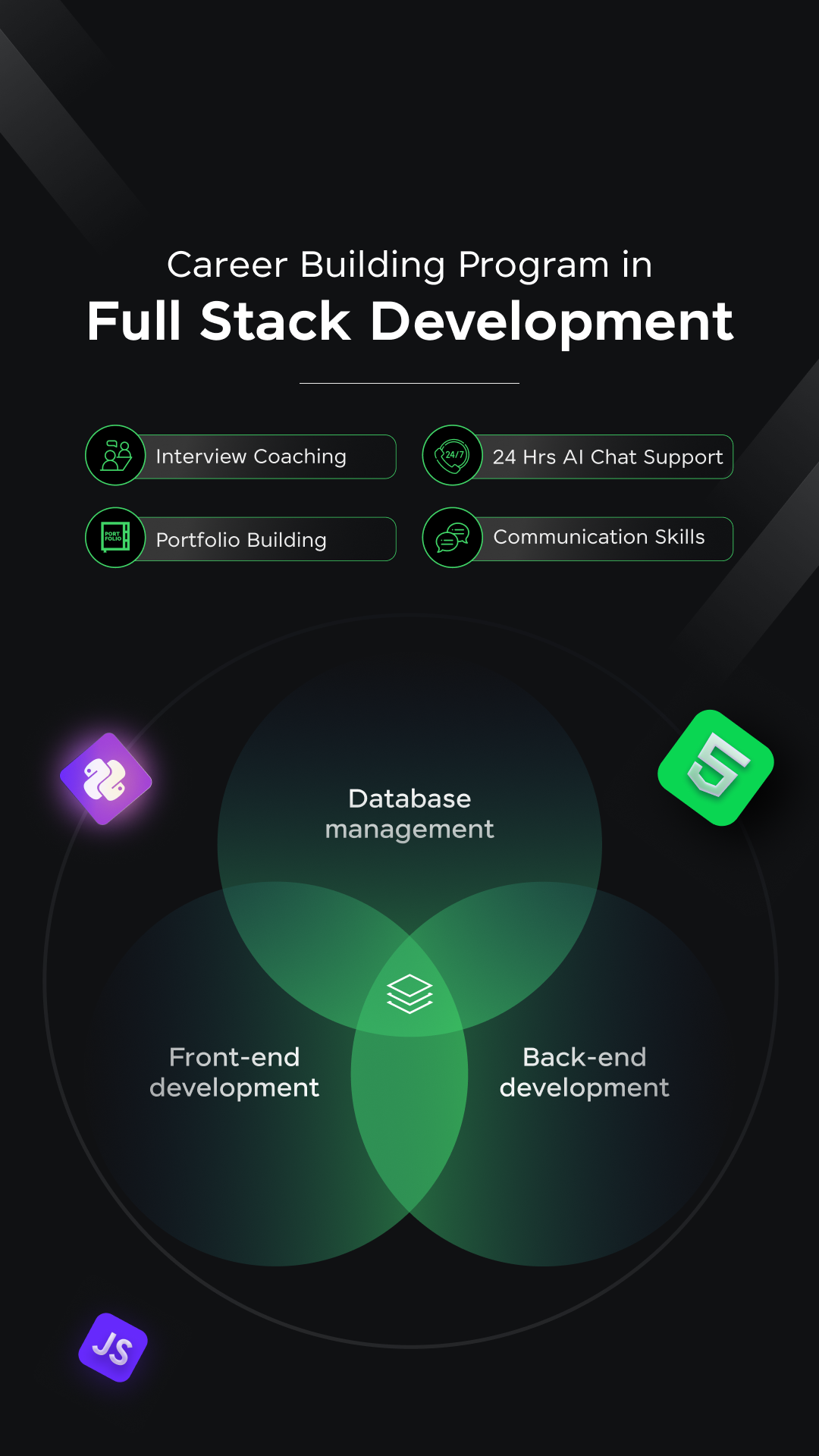



















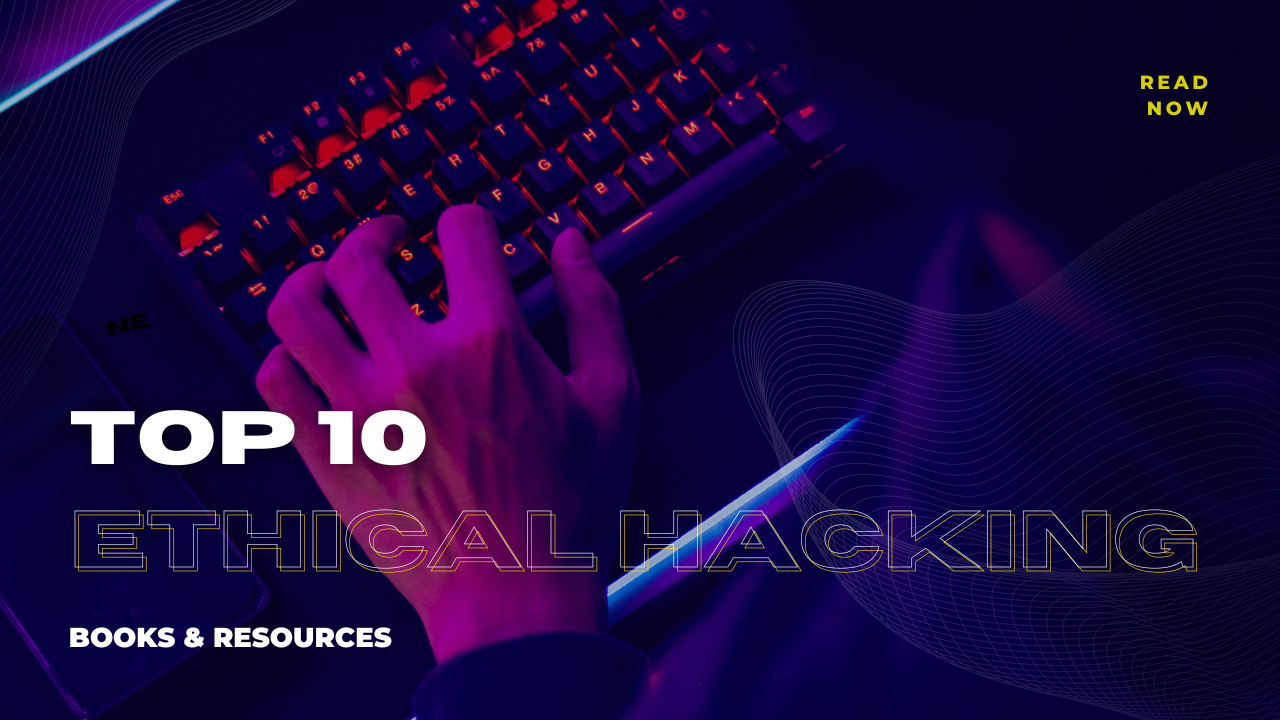
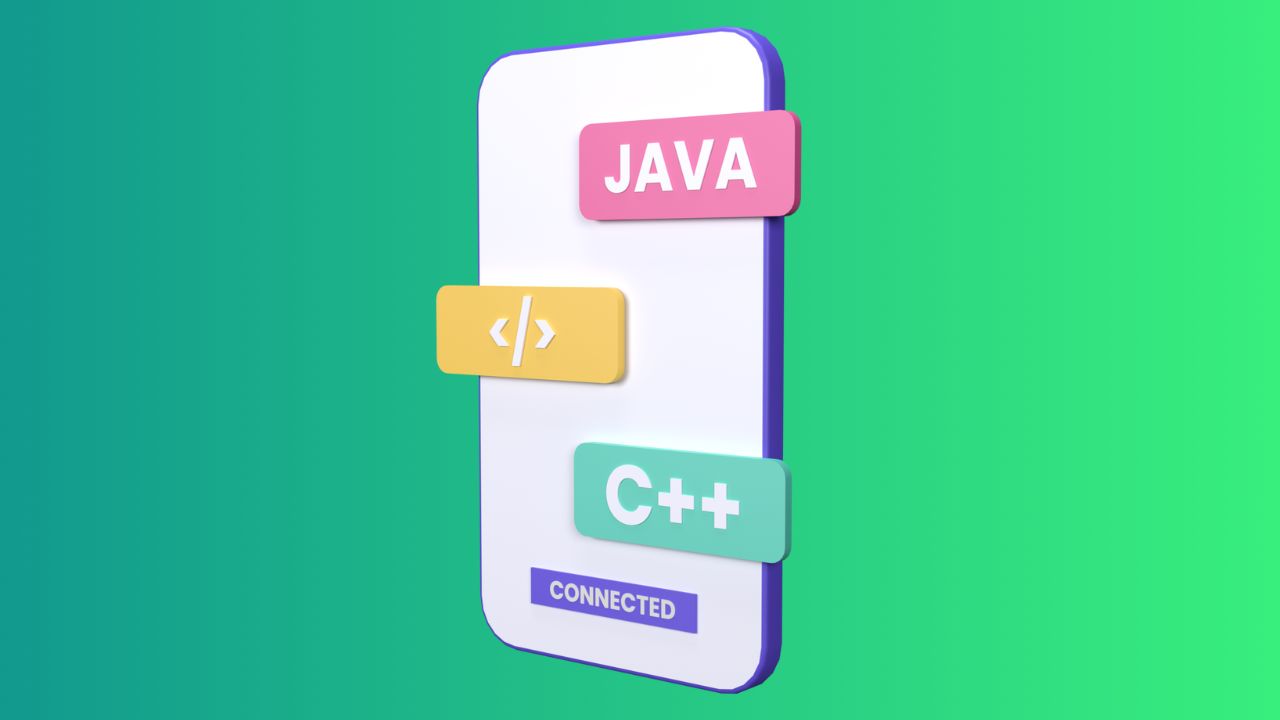
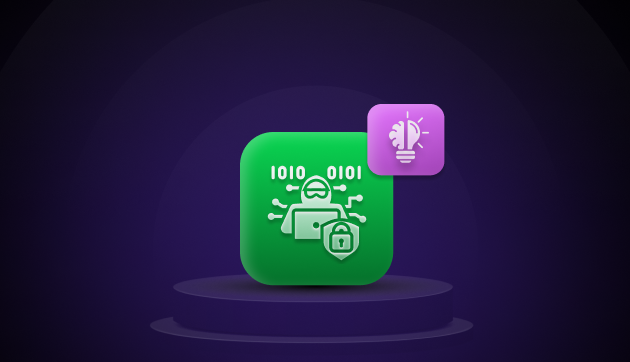
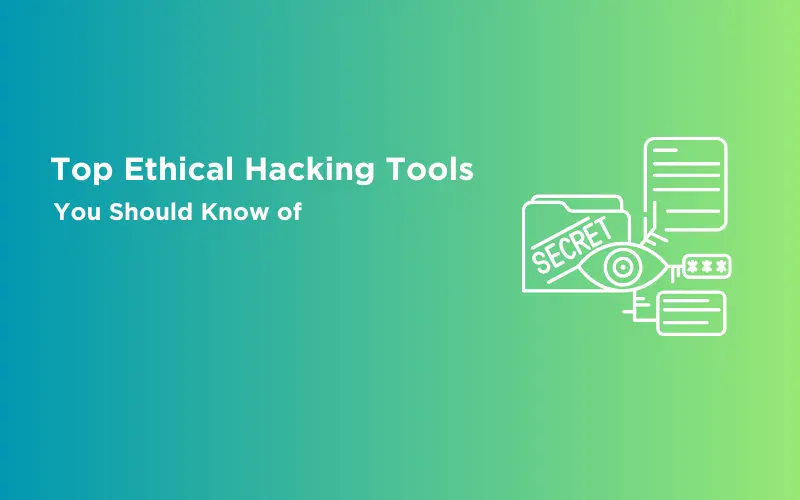



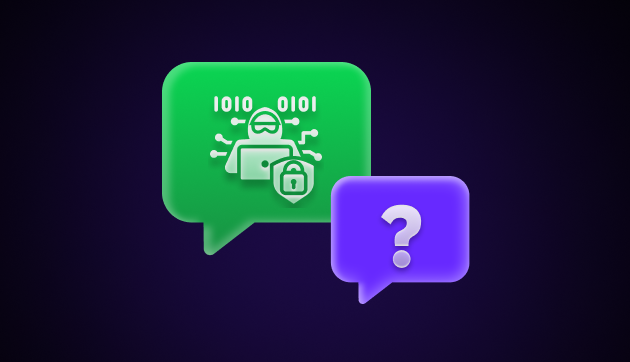


yeah this is very usefull , i appreciate this for you , i love you , ok bye